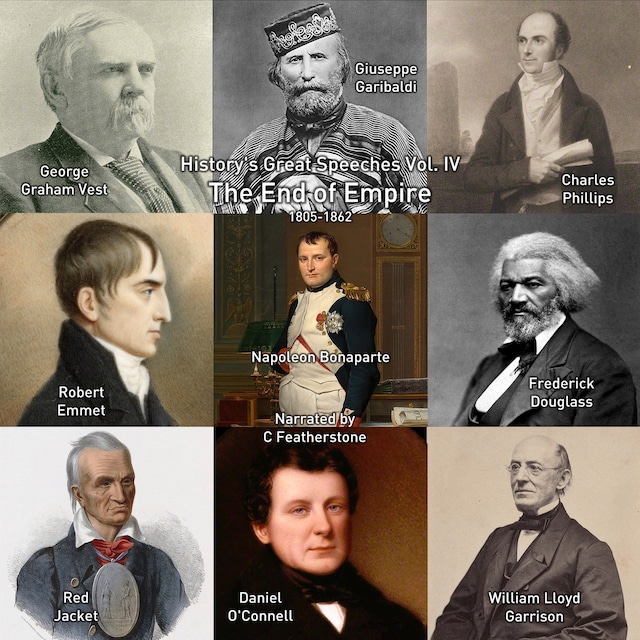
The End of Empire
1805-1862



